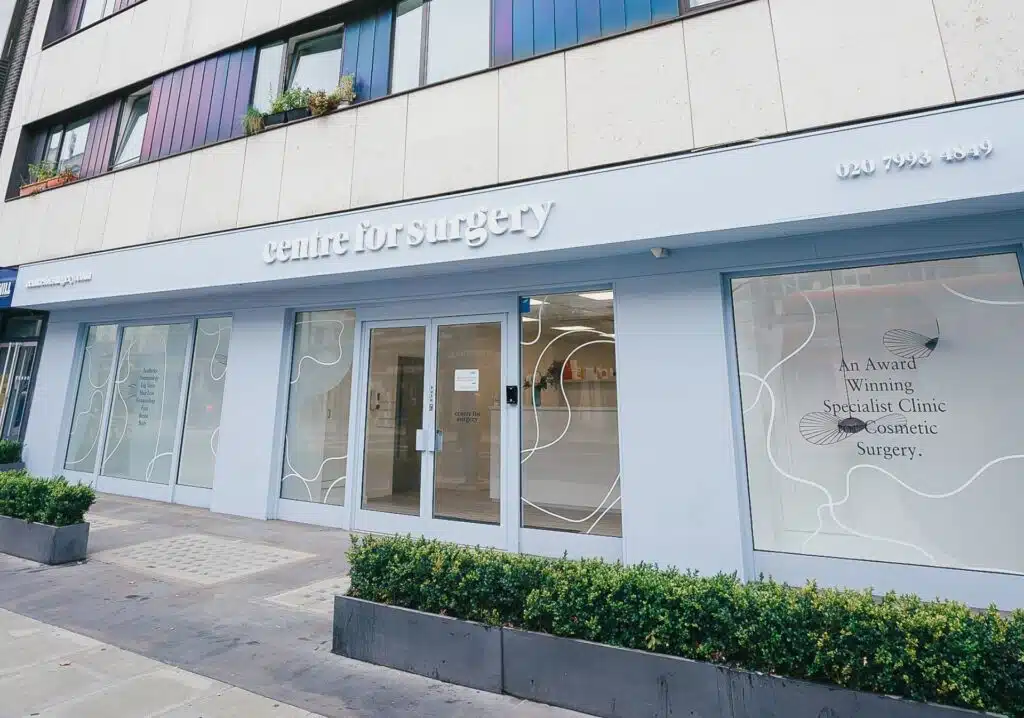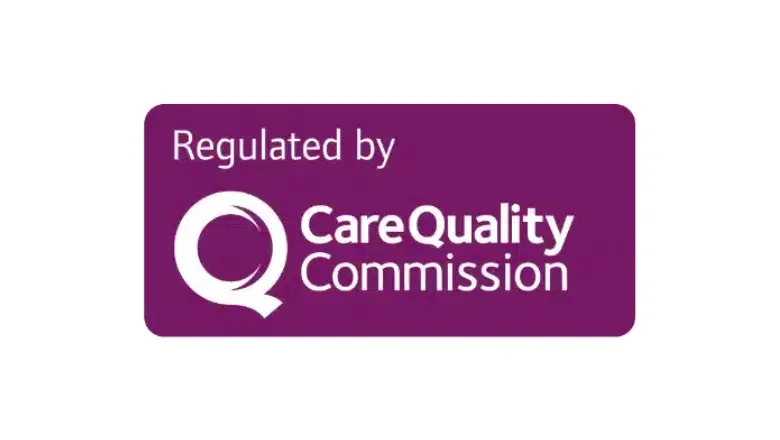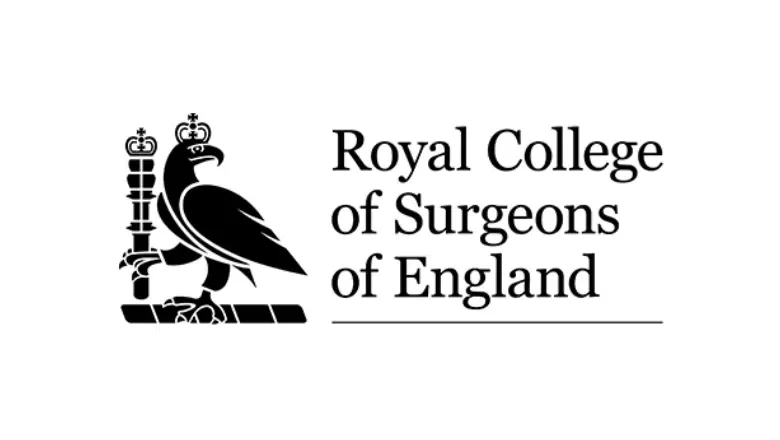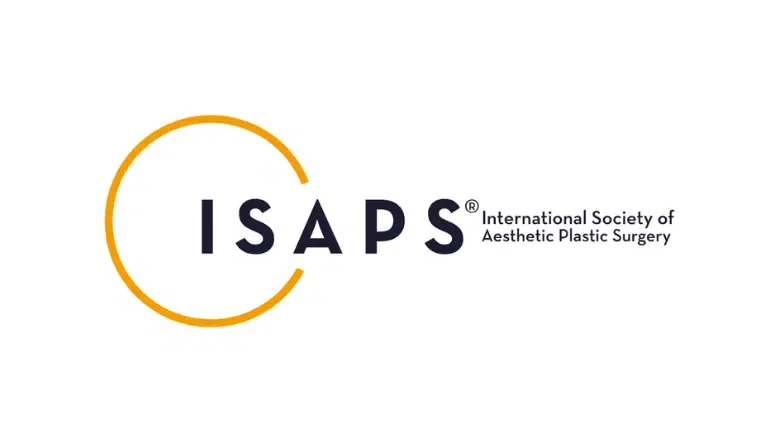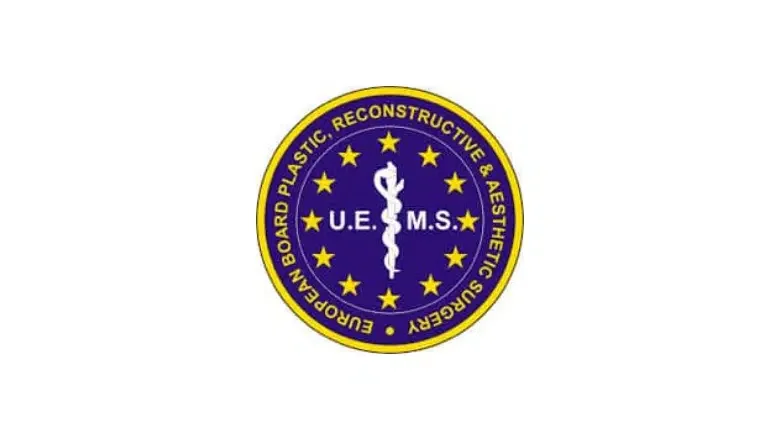Understanding Bloating After Cosmetic Surgery: Causes and Tips for Managing It
When someone decides to undergo cosmetic surgery, they’ve likely spent a lot of time weighing up the pros and cons. It’s a significant decision, and while the lead-up to the surgery gets a lot of attention, the period after the operation – the recovery phase – is equally important. During this time, some unexpected issues might arise. One such issue, which isn’t always widely talked about but is relatively common, is bloating following the surgery. In this article, we aim to delve deeper into this topic. We want to shed some light on why it happens, give you an idea of how long it might last, and offer advice on how to handle it.
Having cosmetic surgery, as with many medical procedures that involve making incisions or changes to the body, can come with a few side effects and symptoms as the body starts to heal. It’s essential to bear in mind that everyone’s body is unique, and so how one person recovers from surgery might be different from another. While bloating might not be a serious complication, it can be uncomfortable and even worrying, especially if you weren’t expecting it.
RELATED: Post-Surgery Top Tips – Recovery After Cosmetic Procedures
Getting ready for the recovery period after surgery is just as vital as all the preparations you made before the operation. When you know what might come up during recovery, it can make the whole process smoother, and you might even find that you heal a bit faster.
Experiencing bloating after surgery is not unusual, and it can be unsettling. But rest assured, here at Centre for Surgery, our team of skilled surgeons have a wealth of experience in helping patients navigate their recovery journey after cosmetic surgery.
Understanding Bloating: What Does It Mean When You Feel Bloated?
“Bloating” is a term we often come across, but it might be a bit confusing to some. What do we mean when we say we feel ‘bloated’? Simply put, bloating refers to a feeling of tightness or fullness in the stomach area. This sensation is due to an increase in pressure inside the abdomen, and often, you can actually see a noticeable swelling or enlargement of the stomach area when someone is bloated.
There are numerous reasons why someone might feel bloated. It could be something as straightforward as having eaten too much or consumed foods that are hard to digest. However, bloating can also be an indication of other underlying health issues. These can range from relatively minor problems like indigestion to more serious medical conditions like liver problems or even cancer.
In the context of recovering from a surgical procedure, bloating is typically a short-term effect. It’s the body’s way of reacting to the stress or trauma it experienced during the operation. When we talk about feeling bloated after surgery, it’s crucial to recognise that this is different from the chronic bloating someone might experience due to ongoing health issues. The post-surgical bloating is generally temporary and is a part of the body’s healing process.
Understanding Why You Might Feel Bloated After Cosmetic Surgery
Feeling bloated after cosmetic surgery can leave you scratching your head and feeling a bit uncomfortable. It’s helpful to know why this happens, so let’s get into the nitty-gritty of what could be causing that post-op bloat:
First up, your body goes into fix-it mode after surgery. This means it’s working hard to heal the area you’ve had operated on. Part of this process involves inflammation, which is your body’s way of saying, “I’m on it!” But with this inflammation can come swelling and fluid build-up, making you feel bloated, especially right after surgery.
Then there’s the matter of anaesthesia. The stuff that keeps you pain-free during surgery sticks around in your body for a bit, and it can slow things down, including your digestion. When your digestion is moving at a snail’s pace, gas builds up, and voilà, you feel bloated. This should get better as the effects of the anaesthesia wear off.
Dehydration could also be a culprit. After surgery, you might not drink enough water, or maybe the meds you’re on make you pee more, leading to dehydration. A less hydrated body can slow your digestion, making it hard to go to the loo and causing, you guessed it, bloating.
Changes in your eating and activity levels can also play a part. Recovery might have you eating differently (like less fibre) or moving less, both of which can slow your metabolism down. When your body’s internal processes are sluggish, gas can accumulate, leading to that bloated feeling.
Some meds, particularly painkillers, can make you constipated, another pathway to bloating. If your bloat doesn’t seem to budge and you think a medication might be the reason, it’s worth a chat with your surgeon.
How Long Does Bloating Last After Cosmetic Surgery?
The experience of bloating after cosmetic surgery isn’t uniform; it varies among individuals. For some, this bloated feeling might be a brief affair lasting just a few days. For others, it might persist a bit longer, possibly spanning several weeks. The time frame largely hinges on a few factors:
Type of Surgery
Different surgical procedures have distinct recovery timelines. A more extensive or invasive surgery such as a tummy tuck might lead to a longer period of bloating compared to a minor procedure such as breast augmentation.
Individual Health
Your overall health status can influence how quickly you recover. For instance, someone in good health might bounce back and experience reduced bloating faster than someone with other underlying health conditions.
Body’s Healing Response
Just as our personalities are unique, so are our bodies’ ways of healing. Some people naturally heal and adapt faster post-surgery, leading to shorter bouts of bloating.
Bear in mind that recovering from surgery is a process, and it’s natural for the body to take its time to adjust and recuperate. If you find that you’re still feeling bloated after a few weeks, or if this bloating comes hand in hand with intense pain or other unusual symptoms, it’s crucial to reach out to a medical professional. Such prolonged bloating could hint at a deeper issue or complication.
A bit of patience can go a long way when recovering from cosmetic surgery. Remember, your body has experienced a significant event, and it’s only natural for it to need some time to get back to its usual rhythm.
Helpful Advice to Reduce Bloating Before and After Cosmetic Surgery
Bloating after cosmetic surgery might be a typical part of the healing process, but that doesn’t mean you have to merely endure it. Here are some proactive steps you can take to reduce or even prevent bloating both before and after your procedure:
Review Your Medications
If you have a hunch that a particular medication you’re on might be causing your bloating, don’t hesitate to have a chat with your surgeon. They can advise on possible adjustments to your dosage or suggest alternative medications that might sit better with your system.
Stay Hydrated
Keeping your body well-hydrated is key to ensuring your digestive system runs smoothly and reducing the chances of constipation, a typical bloating culprit. Regularly sip on water throughout the day. Adding foods with high water content, like certain fruits and veggies, can also contribute positively to your hydration levels.
Embrace a Fibre-rich Diet
Fibre is great for your digestive system. It helps move things along and can reduce the chances of constipation. Opt for foods like whole grains, various fruits, vegetables, and beans. But do note: if you’re not used to a high-fibre diet, ease into it gradually. Suddenly bombarding your system with too much fibre can actually lead to more bloating.
Watch How You Eat
The way you eat can also affect bloating. If you gulp down your food, overindulge, or feast on foods known to produce gas, bloating can become more pronounced. It’s often better to opt for several smaller meals over the day rather than three big ones. Also, take your time to chew food properly. If certain foods like beans, onions, or fizzy drinks tend to make your bloating worse, consider limiting them.
Get Moving (When You Can)
Once your surgeon gives you the green light, start integrating light physical activities like walking into your daily routine. This can help get your digestive system going and prevent gas build-up, which in turn reduces bloating.
Consider Over-the-counter Solutions
There are several products available in pharmacies that can help with bloating and gas. But, always check with your surgeon before introducing any new medication or supplement post-surgery.
Feeling bloated after a cosmetic procedure might not be the most pleasant experience, but with the right strategies, you can manage and possibly reduce this symptom. Always remember, it’s a normal part of the healing journey. Having a good understanding of bloating and its causes will empower you to navigate the recovery period with more ease and confidence.
FAQs about Bloating after Cosmetic Surgery
Is Bloating Typical After Cosmetic Surgery?
Absolutely, bloating is a fairly common side effect experienced by many people after having cosmetic surgery. The body’s natural response to surgery often includes signs like inflammation and the retention of fluids. These reactions can give you that full, bloated sensation, especially after surgeries that involve significant manipulation of tissue, such as liposuction or a tummy tuck.
Another factor to consider is the use of anaesthesia during surgery. Most surgical procedures require some form of anaesthetic, which can have the side effect of slowing down your digestive functions. As your body gradually gets back to normal post the anaesthetic’s effects, there can be a build-up of gas in your system, contributing to the sensation of bloating.
However, it’s key to keep in mind that while bloating is typical initially after the procedure, it should lessen as your body progresses through the healing process. If you notice that the bloating isn’t subsiding, or if it’s accompanied by sharp pain or other concerning symptoms, it’s a good idea to reach out to your surgeon for advice and guidance.
How Long Should You Expect Bloating After Plastic Surgery?
Bloating following plastic surgery is quite common, but its duration can differ significantly from one person to another. Several aspects influence how long this bloating might last:
Type of Surgery
The nature and extent of the surgical procedure play a role in the recovery timeline. For example, surgeries like tummy tucks or major liposuction, where there’s a lot of tissue disruption, might result in prolonged bloating compared to less invasive procedures.
Individual Health
A person’s overall health condition can impact their recovery speed. Generally, someone in good health might recover more swiftly and experience reduced bloating sooner than someone with underlying health issues.
Lifestyle Habits
Post-surgical care, diet, hydration levels, and physical activity can all influence how quickly bloating subsides. For instance, staying well-hydrated, eating a balanced diet, and gently reintroducing physical activity (once the surgeon approves) can help reduce bloating.
For many, the peak of bloating is often observed in the initial week post-surgery. From there, it typically starts to lessen over the following weeks. Nonetheless, in instances where the surgery was particularly extensive or complex, it’s not uncommon for some level of bloating to persist for a couple of months.
Can my diet affect bloating after cosmetic surgery?
Absolutely, the foods you consume can play a pivotal role in the extent of bloating you experience after undergoing surgery. Here’s how diet can impact bloating post-operation:
- Low Fibre Intake: A diet lacking in sufficient fibre can lead to slowed digestion. This can cause constipation, which is a frequent contributor to bloating. Hence, including fibre-rich foods, such as whole grains, fruits, and vegetables, can help in promoting healthy bowel movements and reducing bloating.
- Hydration Levels: Adequate hydration is essential for many of the body’s processes, including digestion. When dehydrated, the digestive system can slow down, leading to constipation and bloating. It’s vital to consume sufficient water and fluids to keep the system functioning smoothly.
- Gas-producing Foods: Certain foods are known to produce gas in the digestive system. These include some vegetables (like cauliflower, broccoli, and cabbage), beans, lentils, and carbonated beverages. Reducing or being cautious with the intake of such foods might help alleviate some bloating.
- High-fat and Spicy Foods: Foods high in fats can slow down the stomach from emptying, leading to a bloated feeling. Likewise, spicy foods can irritate the gastrointestinal tract in some people, leading to gas and bloating.
- Eating Patterns: Eating large meals or eating too quickly can also lead to increased gas in the stomach, which can contribute to bloating. Smaller, more frequent meals and chewing food thoroughly can help in better digestion and reduced bloating.
How can I reduce the swelling and full feeling after my cosmetic surgery?
After having cosmetic surgery, it’s not uncommon to feel swollen or bloated. Here are a few longer and straightforward suggestions to help you feel more comfortable:
Drink Lots of Fluids
One of the best things you can do is to make sure you’re drinking enough water and other healthy liquids. Staying well-hydrated helps keep your digestion on track and can stop you from feeling constipated.
Eat Foods High in Fibre
Foods that have lots of fibre – think whole grains, fruits, vegetables – are really good for your digestive system. Including these in your meals can help you have regular bowel movements and reduce that swollen feeling.
Start Moving (But Gently!)
Once your doctor says it’s okay, try to get a bit of light exercise, like a gentle walk around your neighbourhood. This can boost your digestion and help to get rid of that bloated feeling. Just remember not to overdo it and always follow any advice or restrictions your doctor gives you.
Watch How You Eat
It might sound simple, but the way you eat can make a difference. If you eat really quickly or have very big meals, you might feel bloated afterwards. Instead, try eating a bit slower and maybe have smaller meals more often throughout the day.
Check Your Medications
If you’ve been feeling bloated for a while, it’s worth chatting with your doctor. They can see if any medicines you’re taking might be causing it. Sometimes they might suggest other remedies you can buy from the pharmacy, or they might adjust the medicines you’re currently on.
Why Choose Centre for Surgery?
Centre for Surgery isn’t just another name in the world of medical aesthetics. We’re a beacon of excellence and here’s why:
- Top-tier Professionals: Our surgeons are among the UK’s best, bringing together years of expertise, innovation, and commitment. With us, you’re not just choosing a procedure; you’re choosing the finest hands in the business.
- State-of-the-art Facilities: We house the latest advancements in medical technology. This ensures you receive not only the most effective treatments but also the safest.
- Personalised Care: We see the individual, not just the patient. From the first consultation to aftercare, our approach is tailored to your unique needs, desires, and dreams.
- Unparalleled Aftercare: We walk the recovery journey with you. Our post-surgery support system ensures that your road to healing is smooth and supported.
- Safety Commitment: In our ultra-modern facilities, safety isn’t just a buzzword; it’s a promise. We uphold the highest standards, ensuring you’re in the safest hands possible.
- Clear and Honest Pricing: No hidden surprises. We operate with integrity, offering full clarity on costs right from the start.
- Empowering Knowledge: Our mission goes beyond treatments. We equip you with knowledge, ensuring you make choices that align with your best interests.
- Easily Accessible: Strategically located, our centres are easy to access, ensuring your journey, from start to finish, is seamless.
About Us
At Centre for Surgery, we believe in transformation—both inside and out. Over the years, we’ve solidified our reputation as the UK’s premier cosmetic and medical surgery hub. Our ethos is simple: excellence in service, outcome, and aftercare. But we’re not just about procedures; we’re about people. We’ve touched lives, ignited confidence, and carved a legacy of holistic well-being. Choose us and discover a world where medical brilliance meets heartfelt care. Let’s sculpt your best self, together.

